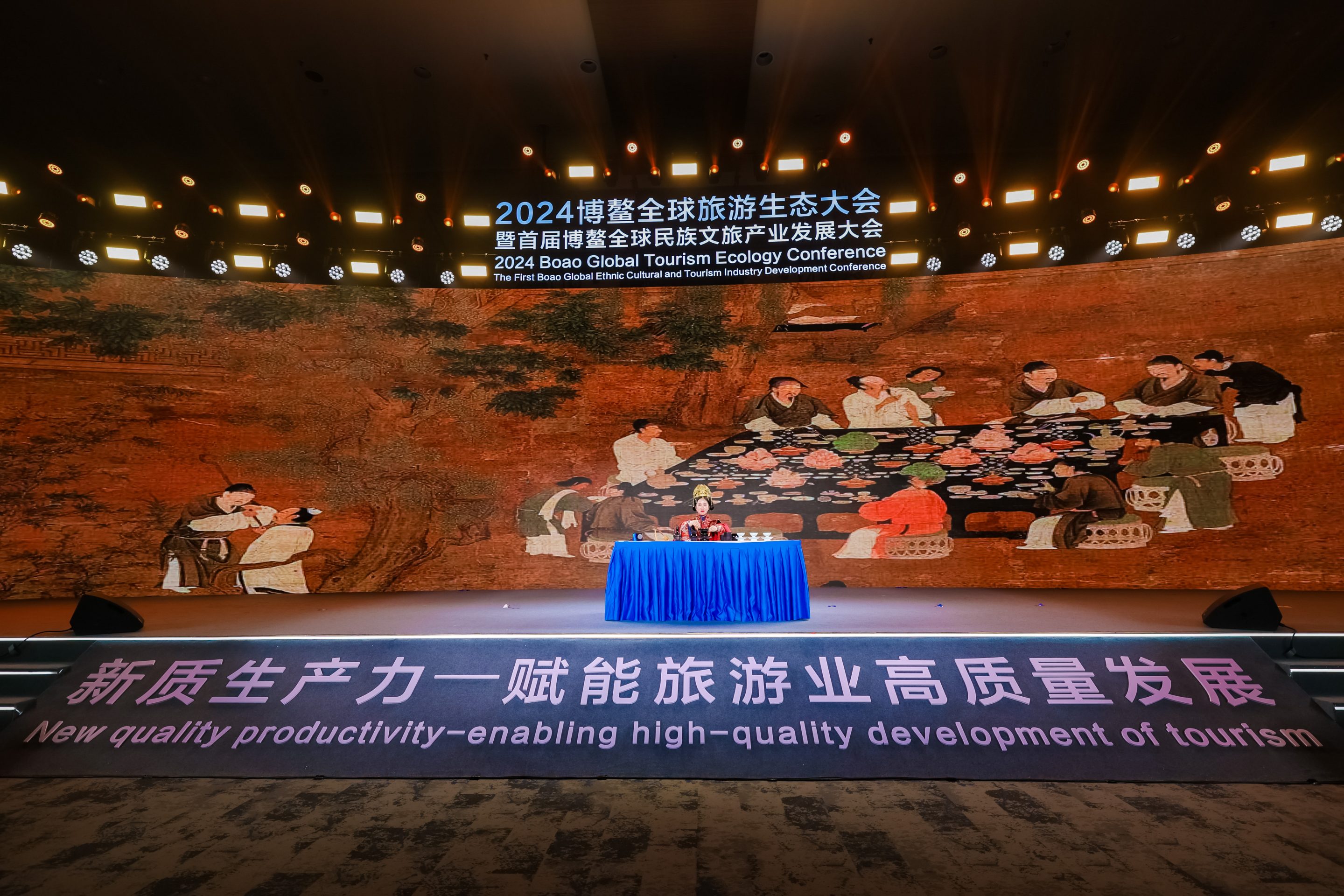A Major Milestone: The Release of the “Chinese National Brand Hotel” Evaluation Results
On September 27, 2024, the Boao Global Tourism Ecology Conference became the stage for a transformative moment in China’s hotel industry: the unveiling of the first-ever “Chinese National Brand Hotels” list. In front of an audience of industry leaders, government officials, and cultural custodians, the China Civil Trade, Culture, and Tourism Work Committee announced this milestone, marking the beginning of a new era where China’s commitment to preserving its rich ethnic heritage converges with top-tier hospitality. More than just recognizing outstanding hotels, this bold declaration signals China’s ambition to set a global benchmark by blending cultural preservation with service excellence, representing a significant leap forward in integrating national culture with hospitality standards. This moment sets the stage for an exciting future in Chinese hospitality.
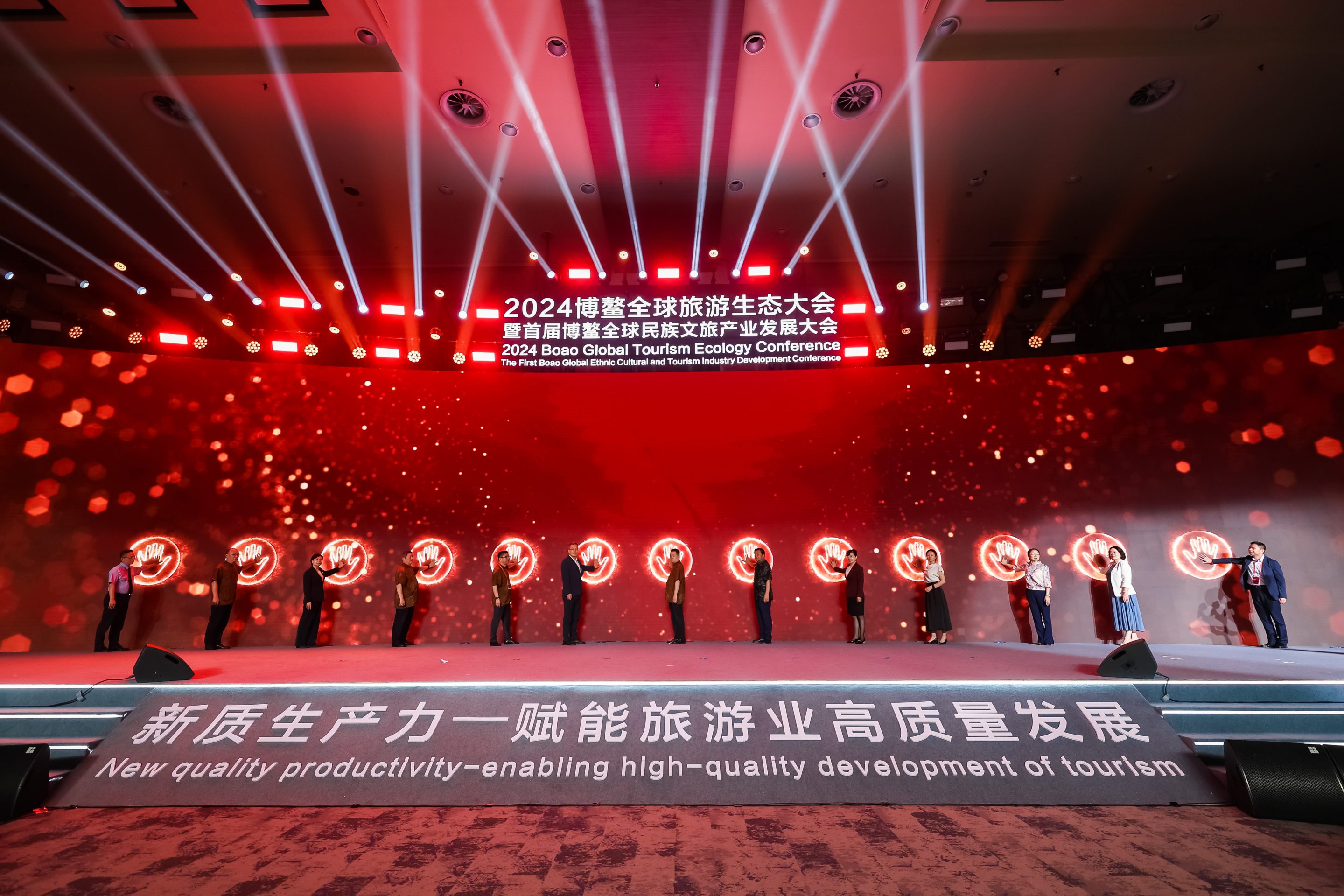
Breathing Life into National Culture Through Hospitality
The essence of national brand hotels goes beyond offering mere luxury and comfort; it is about crafting a deeply immersive experience rooted in China’s ethnic heritage. These hotels provide guests with more than just a place to stay—they invite them to connect with the vibrant soul of China’s rich and diverse cultural landscape. Through the thoughtful integration of ethnic elements in everything from architectural design and décor to culinary offerings and cultural activities, these hotels create a distinctive experience where tradition blends seamlessly with innovation. Each visit offers an authentic glimpse into the nation’s multifaceted identity, making it a journey through China’s living history.

These hotels are living embodiments of ethnic culture, uniquely adapted to reflect local traditions. From showcasing traditional handicrafts to hosting live cultural performances, they offer guests an immersive voyage into China’s cultural history. This approach not only appeals to those seeking comfort and luxury but also to travelers eager for an authentic cultural connection, allowing them to experience the heart of China’s national identity.
The International Food and Beverage Association (IFBA) also played a pivotal role in supporting this cultural immersion by guiding the integration of local food culture with international hospitality standards. This ensures that guests experience both authentic Chinese traditions and world-class luxury during their stay.

Introducing the “Chinese National Brand Restaurant” Initiative
As part of the effort to promote China’s rich ethnic heritage, the launch of the “Chinese national brand restaurant ‘Chinese cuisine · one store one product'” was a significant highlight of the Boao Global Tourism Ecology Conference. This initiative focuses on creating unique signature dishes within national brand hotels, combining local ingredients and traditional cooking methods. By offering region-specific dishes that reflect local cultures, hotels enhance the guest experience, making each visit a culinary exploration in addition to a luxurious stay.
The Rigorous Evaluation Process
The recognition of these hotels followed an extensive evaluation by the China National Brand Hotel Evaluation Committee, comprised of industry experts and cultural scholars. Their objective was to identify hotels that blend:
- Deep ethnic cultural heritage
- Distinct national characteristics
- Outstanding service quality
- Strong corporate responsibility
In collaboration with international experts, including the IFBA, the evaluation committee ensured that these hotels not only excel in cultural preservation but also meet global hospitality standards in food and beverage services, blending tradition with modernity.

Over several months, the committee dispatched teams to assess hotels across the country meticulously. Armed with in-depth knowledge of hospitality and culture, these teams analyzed every aspect—architecture, decoration, service quality, culinary offerings, and how well each hotel embraced and showcased ethnic culture. Their goal was to ensure these hotels embodied the essence of China while offering world-class service to their guests.
The hotels that met these rigorous standards were awarded either a “To Barrel” or “Golden Barrel” rating—symbols of their commitment to cultural preservation and hospitality excellence. These ratings symbolize not only excellence in service but also a commitment to preserving and promoting China’s cultural heritage.
Setting a New Standard in the Hospitality Industry
Zhang Fuyang, Executive Vice President of the China Association for the Promotion of Ethnic Trade, highlighted how China’s national brand hotels are redefining global hospitality by blending cultural authenticity with luxury. These properties not only contribute to economic growth but also serve as cultural custodians, offering guests immersive travel experiences that celebrate China’s rich traditions. By showcasing regional crafts, traditional performances, and architecture inspired by centuries-old designs, these hotels play a vital role in preserving the country’s diverse cultural heritage while attracting both local and international travelers.
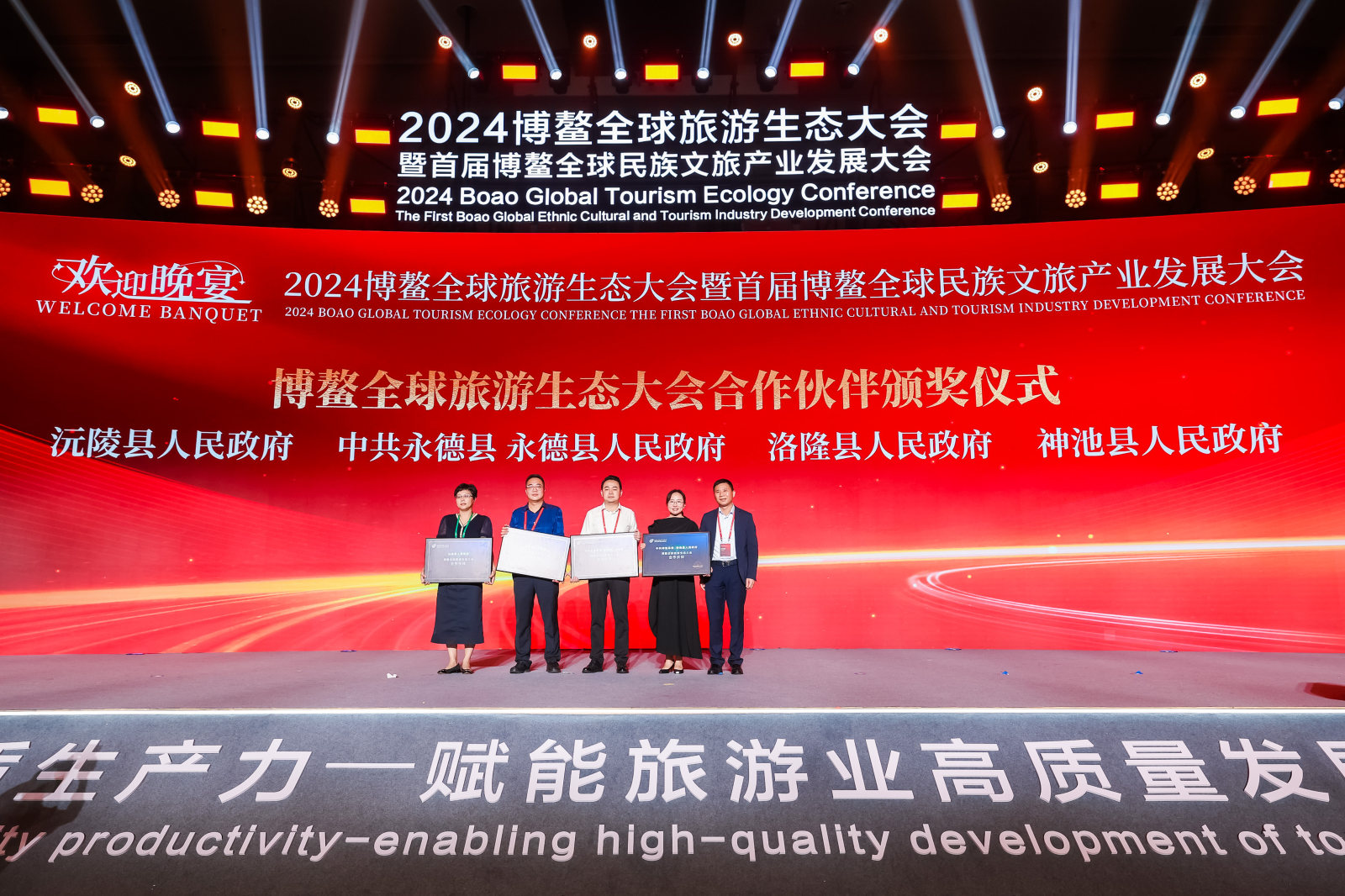
Each of these hotels exemplifies China’s strategy of integrating culture with tourism, offering more than just a luxurious stay. They provide visitors with a unique opportunity to engage with local customs, from savoring region-specific cuisine to exploring handcrafted artworks. Their commitment to sustainability further enhances their appeal, as many hotels embrace eco-friendly materials, promote community-based tourism, and support local economies through job creation. By fostering responsible business practices, these hotels extend their impact beyond the guest experience, ensuring long-term benefits for the environment and the preservation of cultural landmarks.
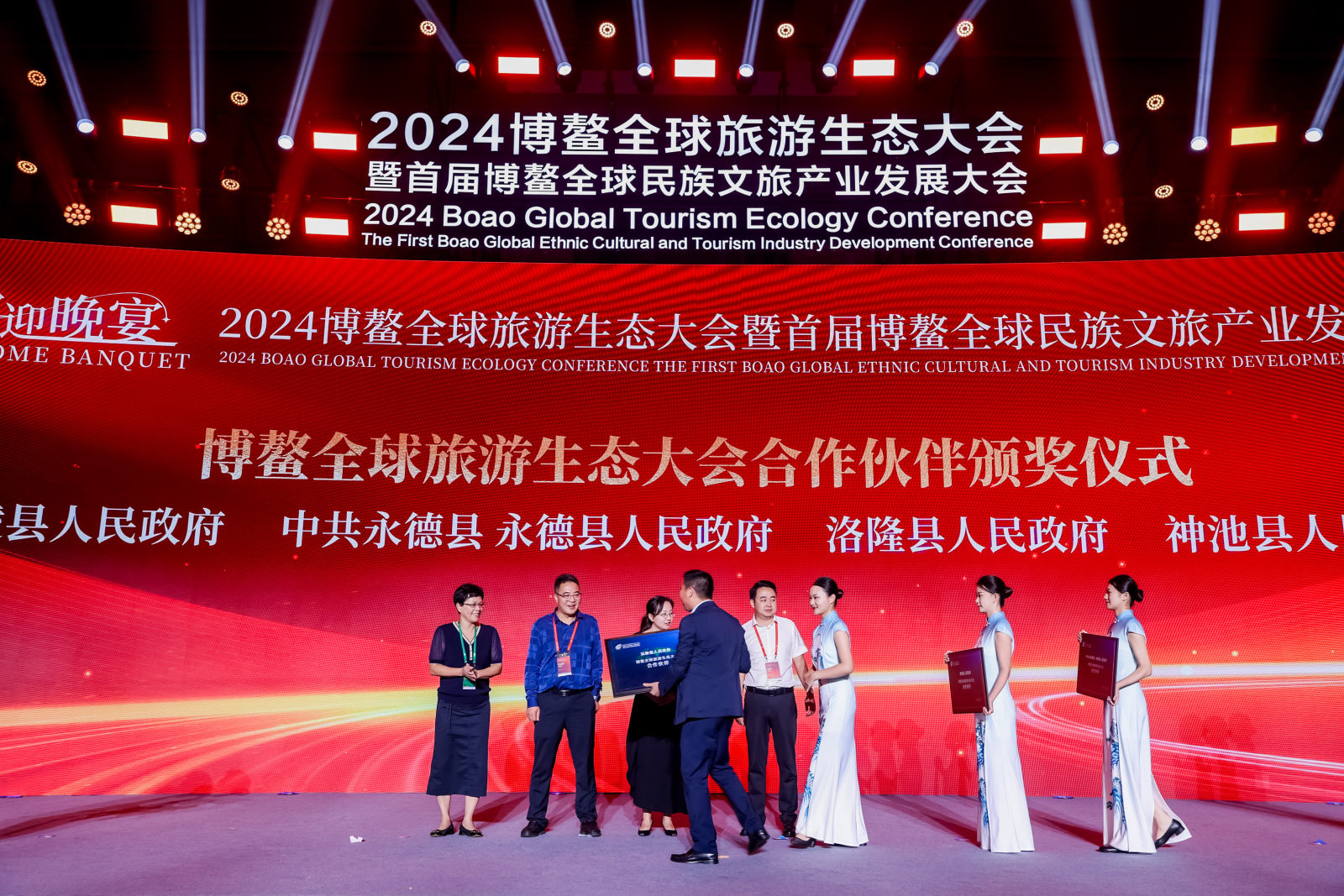
Honoring the Best: Celebrating Excellence
The first group of recognized hotels includes both “To Barrel” and “Golden Barrel” awardees, showcasing the pinnacle of service quality, cultural integration, and guest experience.
To “Barrel” Hotels
- Guangzhou White Swan Hotel
- China Hotel Guangzhou
- Nanjing Jinling Hotel
- Qingdao Haitian Hotel
- Chengdu Tibet Hotel
- Qingdao Seaview Garden Hotel
- Jinan Shungeng Villa
- Changsha St. Regis Marquis Hotel
- Hangzhou Huanglong Hotel
- Henan Zhongzhou Hotel
- Hunan Huatian Hotel
- Nanjing Yihe Mansion

“Golden Barrel” Hotels
- Wuhan Hetian Hotel
- Hunan Hotel
- Shanxi Hotel
- Hebi Yingbin Hotel
- Kaifeng Zhongzhou International Hotel
These hotels have skillfully balanced world-class luxury with the rich character of China’s diverse ethnic cultures. From local artistry and traditional architectural elements to immersive cultural experiences, they offer more than just accommodations—they provide a journey into China’s heritage, delivering a truly unique experience.
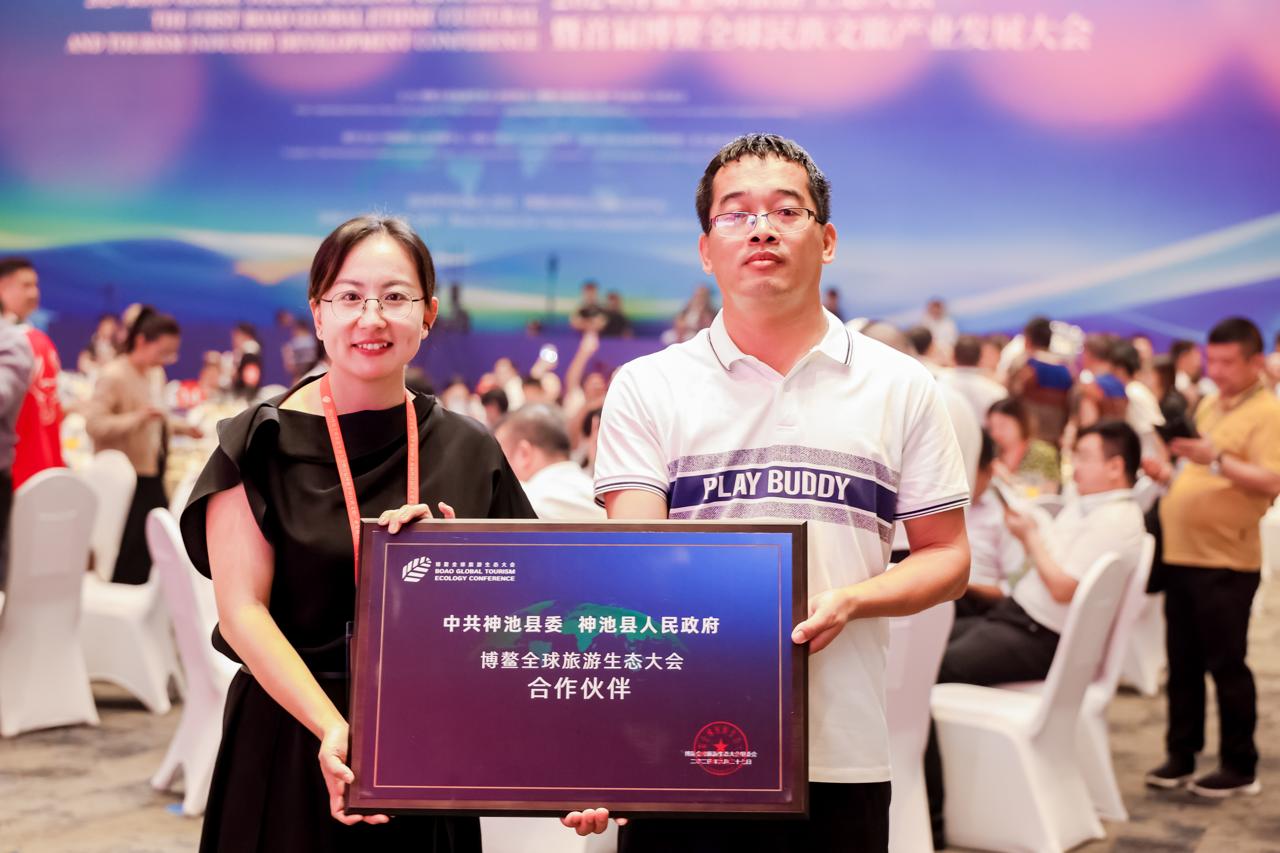
Paving the Way Forward
Looking ahead, the China Civil Trade, Culture, and Tourism Work Committee hopes more hotels will rise to the challenge. The goal is clear: to build national brand hotels that not only offer comfort and luxury but also promote the cultural soft power of the Chinese nation. These hotels are not just places to rest—they are destinations that embody the best of China’s past and present while setting a course for the future.
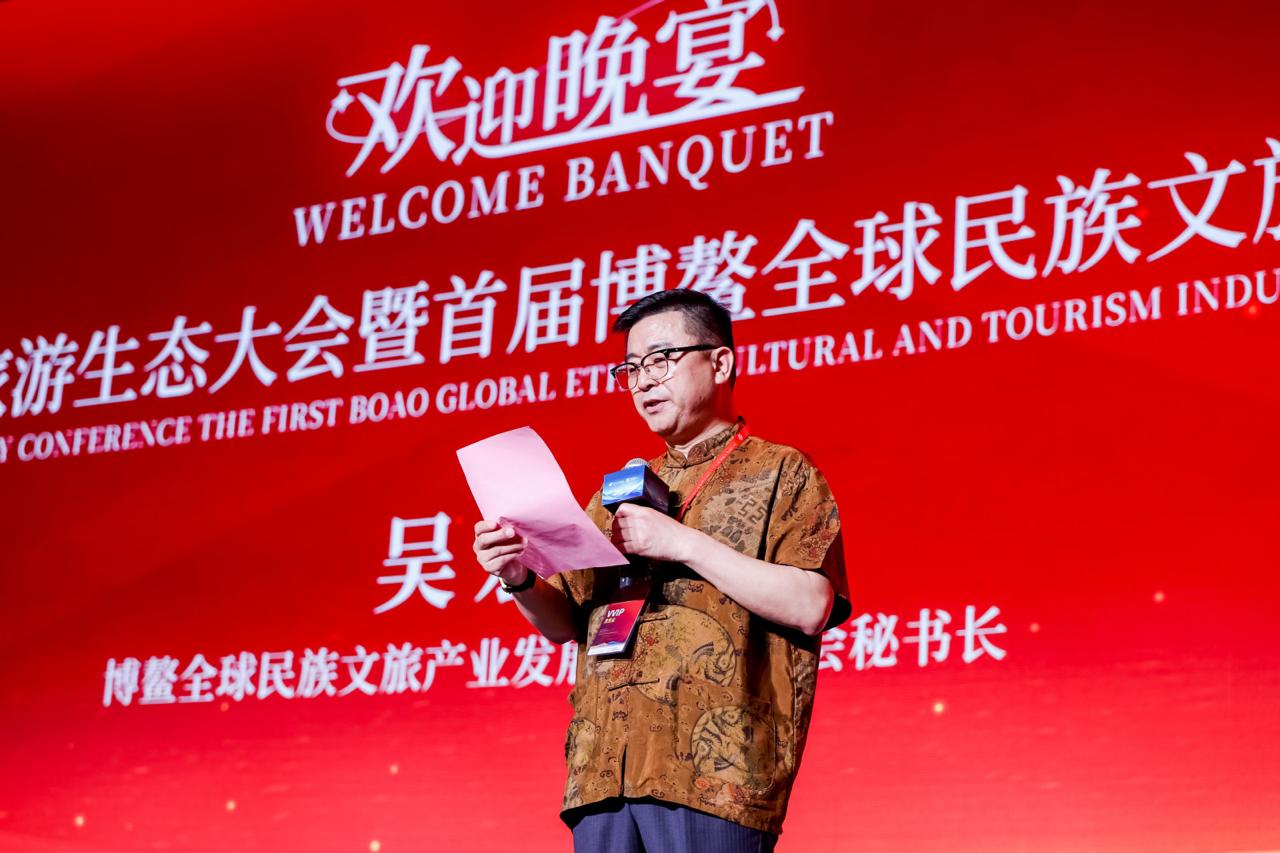
Wu Honghua, Director of the China Civil Trade, Culture, and Tourism Work Committee, emphasized the importance of this movement. The recognition of these hotels serves as both inspiration and a challenge to the broader industry. By setting high standards for cultural integration and service quality, Wu Honghua and the committee encourage other hotels to adopt similar values. This initiative is not just about comfort but also about offering meaningful engagement with China’s cultural heritage. Choosing a Chinese National Brand Hotel means participating in a narrative that values history, community, and authenticity.
This announcement not only recognizes these outstanding hotels but also acts as a catalyst for the continued evolution of China’s hotel industry. Wu Honghua noted that the evaluation standards set by the committee will raise the bar for hotels across the nation. By emphasizing ethnic cultural preservation alongside service excellence, these hotels will provide consumers with a more enriching and unique accommodation experience.
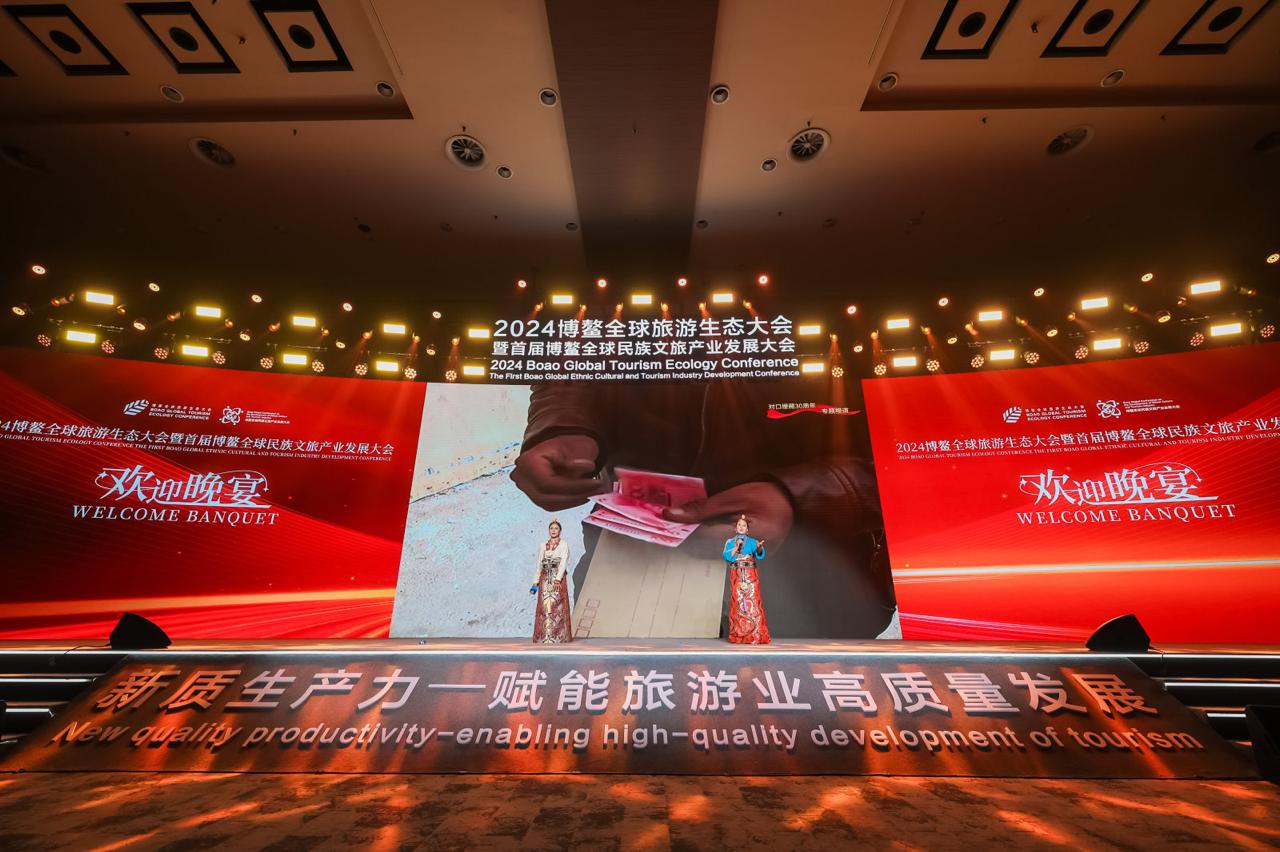
The Road Ahead: A New Era of Chinese Hospitality
The success of these hotels is just the beginning. As more properties meet these high standards, China’s hospitality industry is set to evolve, leading the world in culturally immersive tourism. The challenge now lies in expanding this movement, encouraging more hoteliers to embrace their cultural roots while maintaining world-class service. With this initiative, China is not just promoting its tourism industry—it’s crafting an influential narrative on the global stage, showcasing the nation’s soft power and cultural richness through its hospitality offerings.
With the continued support of international organizations and IFBA, future national brand hotels will have access to global expertise in hospitality, ensuring that cultural preservation goes hand in hand with delivering world-class guest experiences.
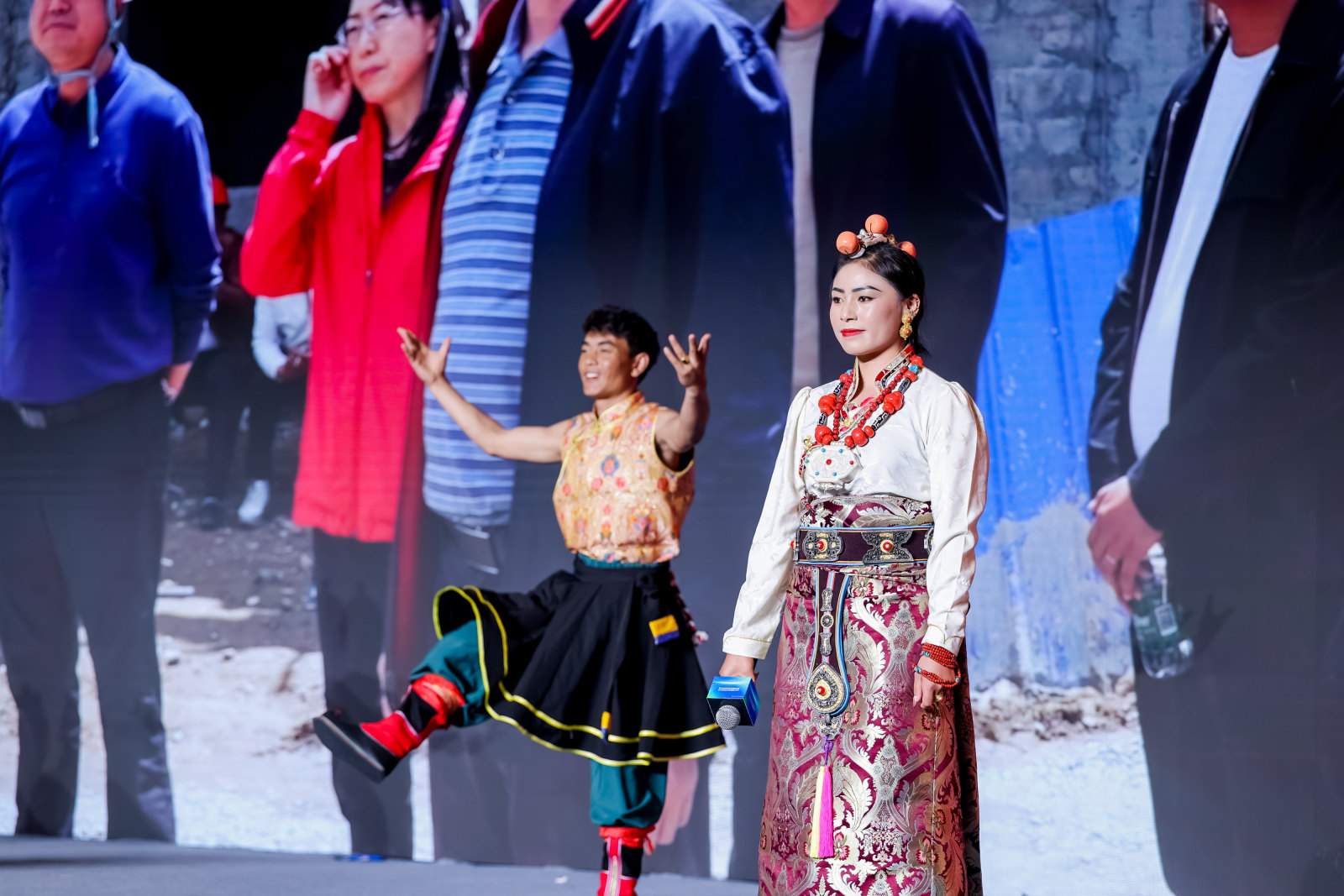
IFBA’s Role in Shaping the Future
At the Boao Global Tourism Ecology Conference, IFBA’s participation in supporting the rise of Chinese National Brand Hotels was instrumental in setting new standards for cultural immersion through hospitality. By providing global expertise in food and beverage services, IFBA helped frame these hotels not just as luxury destinations but as cultural experiences, offering guests an authentic taste of China’s heritage.
Looking ahead, IFBA’s involvement in China’s hospitality sector doesn’t stop here. As a co-organizer of the Boao Global Tourism Ecology Conference, IFBA emphasized the importance of integrating local culture into luxury hospitality experiences. This aligns with IFBA’s mission to promote cultural preservation through exceptional culinary offerings, making the food and beverage experiences in these national brand hotels a central component of their appeal.

Stay tuned for further developments as we highlight IFBA’s role in shaping future discussions around cultural integration and luxury experiences in the hospitality industry at the forum. The future has never looked brighter for Chinese hospitality, guided by global collaboration.
